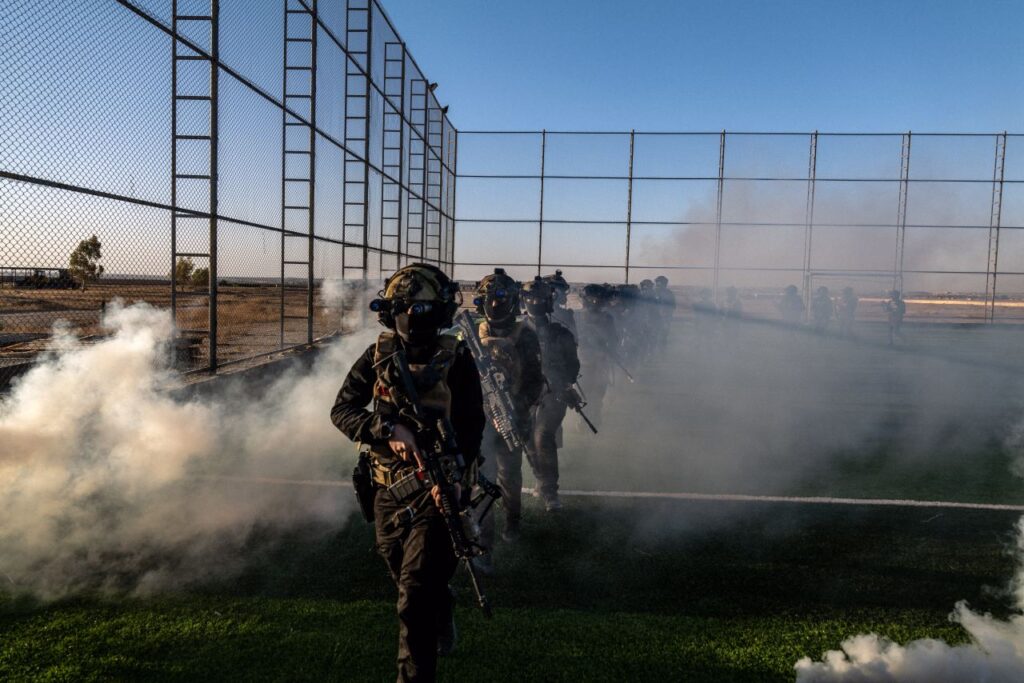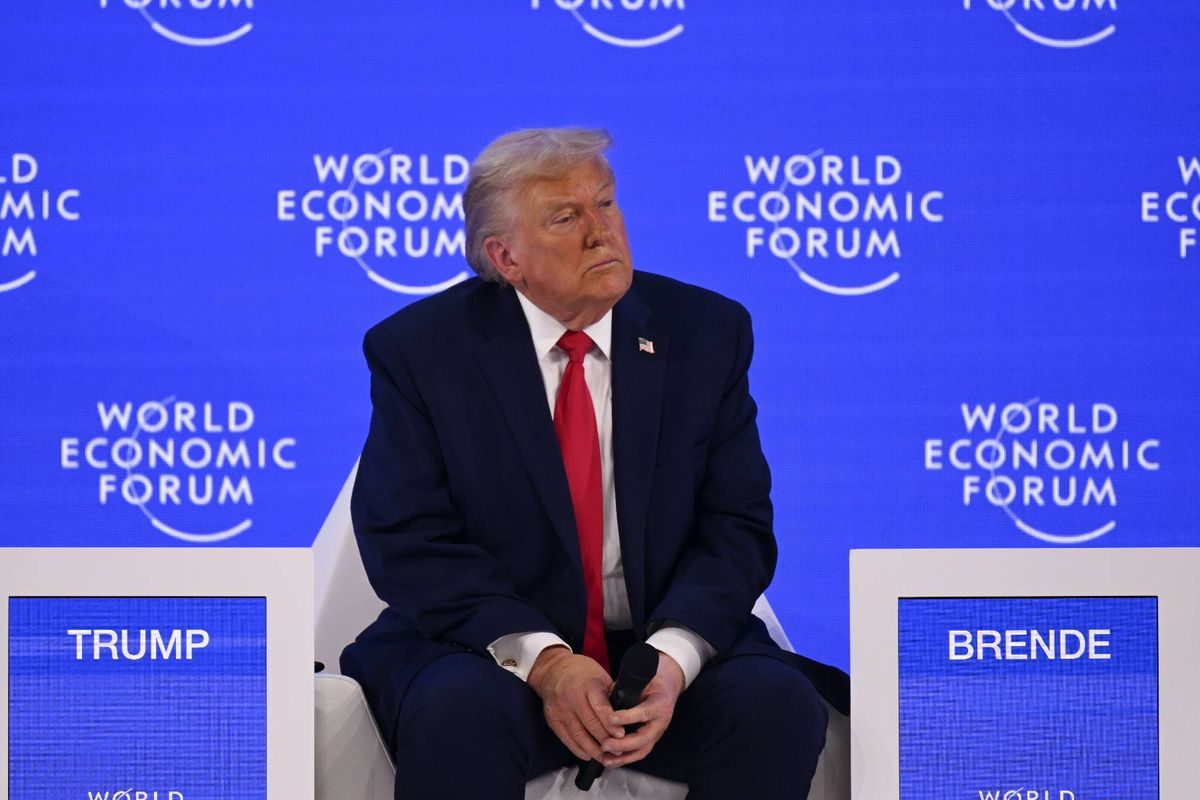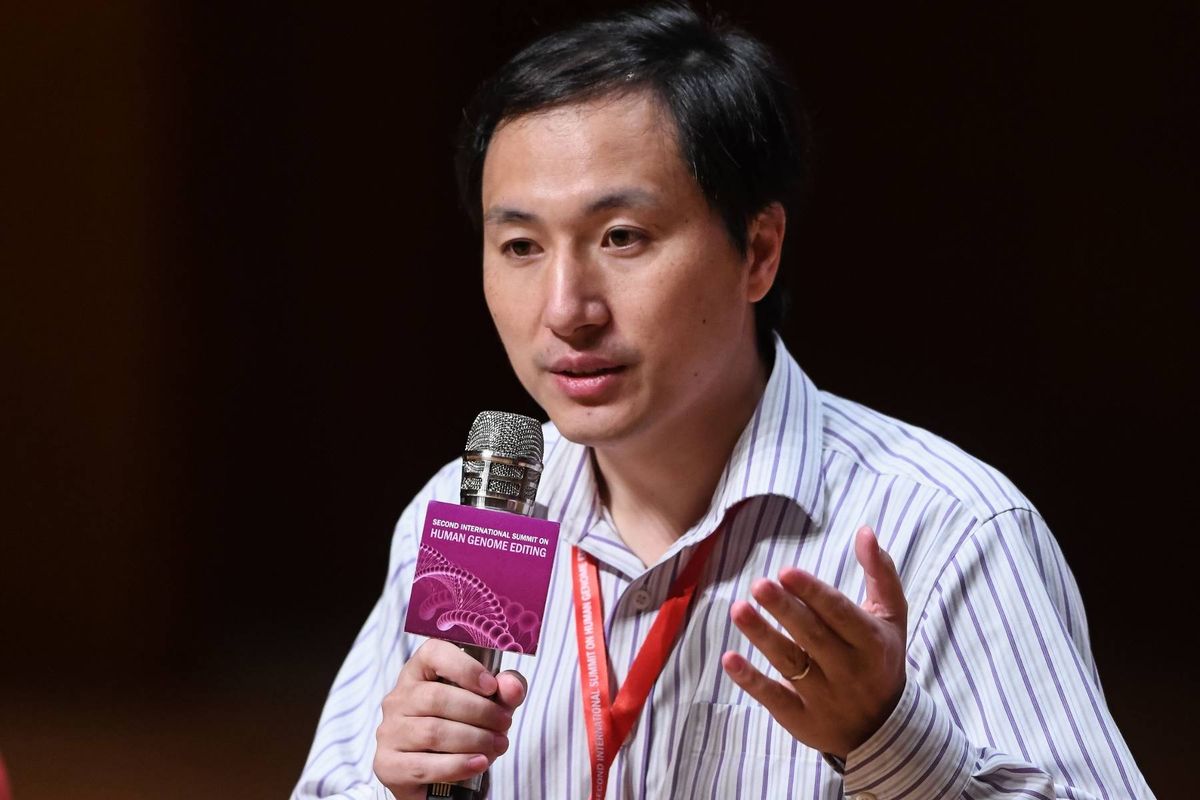
The ongoing struggle for recognition and rights among women in Syria has gained renewed urgency as Kurdish forces, who played a critical role in the fight against ISIS, confront the rising influence of Islamist values under the new governance. The situation is particularly pronounced in the Kurdish region of Rojava, where women have taken on significant leadership roles in both military and civil society.
Kurdish forces, notably the Syrian Democratic Forces (SDF) and the Women’s Protection Units (YPJ), have made substantial strides in promoting gender equality and empowering women in the region. Their efforts have been recognized internationally, especially for their contributions in defeating ISIS. Yet, as the political landscape shifts with new governors in Syria, these women are apprehensive about a potential rollback of their rights and freedoms.
The challenge these women face is compounded by the resurgence of Islamist ideologies among some of Syria’s new leaders. Reports indicate that various factions are promoting traditional gender roles, which pose a direct threat to the progress made since the rise of the YPJ and other Kurdish forces. As of March 2021, many women in Rojava worry that their hard-fought gains may be lost under new governance that does not prioritize equality.
The United Nations has recognized the role of women in peacebuilding, emphasizing that their involvement is essential for sustainable governance. Yet, the implementation of these principles on the ground in Syria remains inconsistent. Kurdish women’s organizations continue to advocate for their inclusion in political processes, underscoring the need for representation that reflects the diverse fabric of Syrian society.
Despite these obstacles, the Kurdish Women’s Movement remains resilient. Activists are mobilizing to ensure that women’s voices are heard in the political arena. They argue that excluding women from governance not only undermines their contributions to the fight against ISIS but also jeopardizes the overall stability of the region.
As the political environment evolves, the Kurdish forces and their allies are calling for international support to safeguard the rights of women in Syria. They argue that a stable and inclusive governance structure can only be achieved by recognizing and empowering women, who have proven to be vital in both military and community leadership roles.
Women in Rojava, who once took up arms against ISIS, are now fighting for their rightful place in a new Syria. The stakes are high, as their struggle is not just about gender equality but also about the future of a region trying to rebuild amidst a complex political landscape. The ongoing efforts of Kurdish women serve as a powerful reminder of the importance of inclusivity in shaping a new era for Syria.






